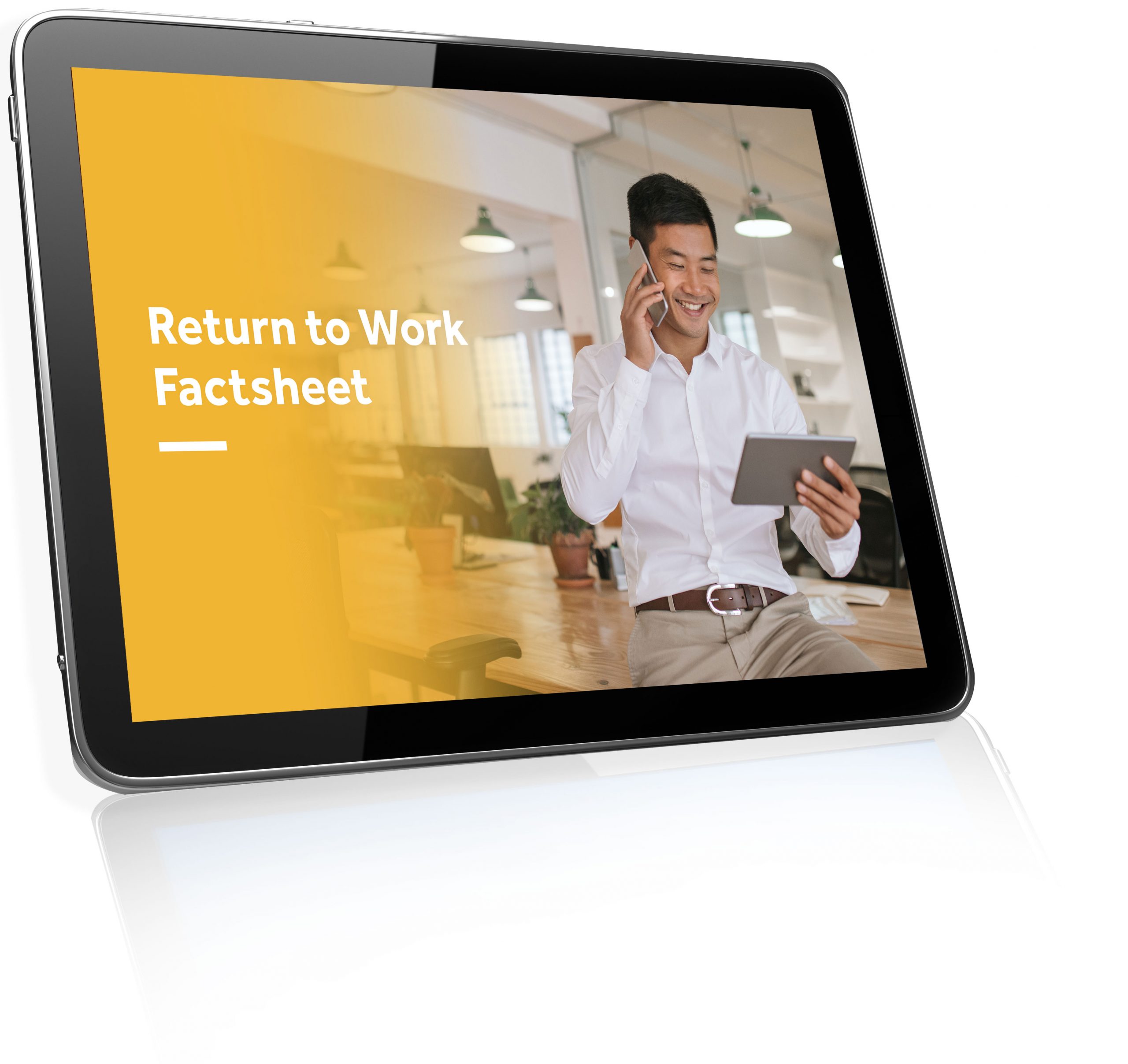
According to the Australian Bureau of Statistics (ABS), 1.3 million people changed jobs in 2022. It marked the highest annual job mobility rate since 2012. These numbers are indicators of change in culture, attitude, and behaviour. It also indicates towards a radical shift in employee attitudes. Combined with the pandemic, inflation, recession, and labour shortages, this job mobility speaks towards what researchers have called The Great Resignation.
What is The Great Resignation?
The Great Resignation is a phenomenon where workers leave their job in huge numbers. It was coined in late 2020 by Anthony Klotz, an associate professor at Texas A& M University. The Great Resignation came as a response to millions of workers in the US suffering anxiety, depression, and burnout. The COVID-19 pandemic has forced people to reassess their working styles. Remote work practices, potential for higher pay, focus on mental health and personal life have pushed employees to take on new jobs or adapt their working conditions.
If The Great Resignation is on its way, you need to ensure you retain your employees and attract new talent. What are the things that can help you achieve this?
Focus on employee well-being
A study from Oxford found that workers who rated their happiness as high were 13% more productive than workers who had low happiness levels. Happy employees are motivated, positive, and calming to be around. They want to be at work, they do a good job, and encourage others to do the same. Unhappy or depressed employees can feel demotivated, take more leave, avoid turning up to work, and thus impact productivity.
Employees want to be part of an organisation that supports their wellbeing and happiness. You can do so by creating a positive work environment, openly communicating with your employees, or offering them support and assistance.

Return to Work Factsheet
Whether you’re trying to manage your employees as they work from home or looking to bring them back into the office, we can help.
Flexibility
51% of Australians say they would stay longer with their current employer if remote working policies became permanent. In the same survey conducted by Qualtrics, 12% of Australians said they would quit their job if they were forced back into the office full-time. Employees are now seeking non-monetary perks and benefits such as flexible work arrangements or remote working.
You can consider alternative options such as part-time, job share, hybrid working or starting early and finishing early if your business does not have the option of work from home.
You could also offer monetary or non-monetary perks such as:
Allowing them a paid day off for their birthday
Bring your pet to work day
Monthly tea or lunch with the team
Flexible working schedule
Weekly stand-up meeting where you recognise star performers and appreciate their work
Gift vouchers for targets achieved
These rewards should be mentioned clearly in writing so employees can know what to expect. You can get the help of experts such as Employsure to help create employee handbooks and policies.
Make your staff your priority
Even for small businesses, the wellness and well-being of employees should be a necessity rather than an afterthought. When you make your staff your priority, you indirectly address other things tied into their productivity and loyalty. Employees who feel appreciated and respected at work are likely to stay loyal, achieve goals, and support the business in the long run. It is also cheaper to retain existing employees than hire new ones, so you save your business significant costs by making your staff a priority.
Employsure can help you in designing contracts, handbooks, and documents for employee retention and hiring. Call our 24/7 helpline today.
